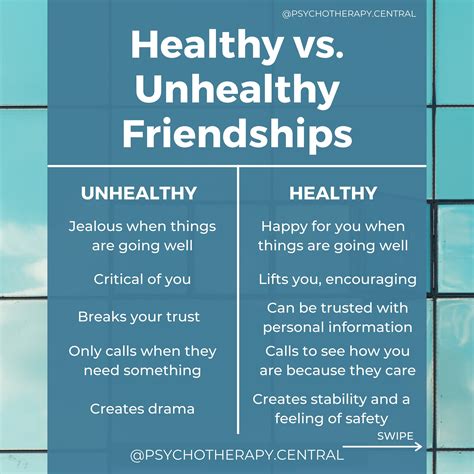In a world that often champions male stoicism, where expressing deep emotion can be misconstrued as weakness, men face a unique challenge: how to access and offer genuine emotional support within their platonic friendships. Societal expectations have historically pushed men towards self-reliance and emotional restraint, creating a complex landscape for navigating vulnerability. Yet, beneath this stoic facade, the fundamental human need for connection and understanding persists.
The Stoic Shield: Societal Expectations and Their Impact
For generations, traditional masculinity has emphasized traits like strength, independence, and the suppression of ‘softer’ emotions. This conditioning often starts early, with messages like ‘boys don’t cry’ shaping how men perceive and react to their own emotional needs and those of their peers. The fear of being perceived as ‘less than’ or ‘unmanly’ can create significant barriers to open emotional expression, even within trusted friendships. Consequently, many men develop sophisticated, often subtle, strategies to cope with personal struggles without explicitly asking for help, leading to a unique dynamic in their support networks.

Underneath the Surface: Subtle Forms of Support
Rather than direct, face-to-face confessions often associated with female friendships, men’s emotional support can manifest in more indirect ways. ‘Shoulder-to-shoulder’ activities, such as watching a game, working on a project, or engaging in a shared hobby, often serve as crucial conduits for connection. During these moments, seemingly casual conversations can drift into deeper territory, allowing friends to share vulnerabilities or offer empathy without the pressure of intense eye contact or explicit emotional language.
Humor frequently acts as a coping mechanism and a gateway to serious topics. A well-timed joke can diffuse tension, test the waters for a more profound discussion, or even convey understanding without needing to articulate it directly. Practical advice, problem-solving, and acts of service also rank high among the ways men provide and receive support. Offering to help a friend move, fix something, or provide a tangible solution to a problem is often a profound expression of care, signaling ‘I’ve got your back’ without requiring a lengthy emotional dialogue.

Breaking the Mold: Evolving Friendships and Greater Openness
While the ‘stoic male’ stereotype persists, there’s a growing recognition and acceptance, particularly among younger generations, that emotional openness is not a weakness but a strength. Conversations around mental health are becoming less stigmatized, encouraging more men to seek and offer direct emotional support. This shift is leading to richer, more fulfilling friendships where men feel safer to express their fears, anxieties, and even joys without judgment. The internet and social media have also played a role, creating platforms for men to connect over shared experiences and build communities that validate emotional expression.

Challenges and Rewards of Authentic Connection
Despite these positive shifts, challenges remain. The fear of misinterpretation, the lack of practice in articulating emotions, and the lingering societal pressure to appear invincible can still hinder men from fully engaging in emotionally supportive friendships. However, the rewards of overcoming these barriers are significant. Friendships built on genuine emotional understanding foster stronger bonds, improve mental well-being, and provide a vital buffer against life’s stresses. When men feel truly seen and supported by their friends, it enhances their overall resilience and sense of belonging.

In conclusion, men’s navigation of emotional support within platonic friendships is a dynamic and evolving process. While traditional stoicism still influences many interactions, there’s an increasing capacity for deeper, more explicit emotional connection. Recognizing and valuing both the subtle and overt ways men offer and receive support is crucial for fostering healthier, more resilient friendships that cater to the full spectrum of human emotional needs.



